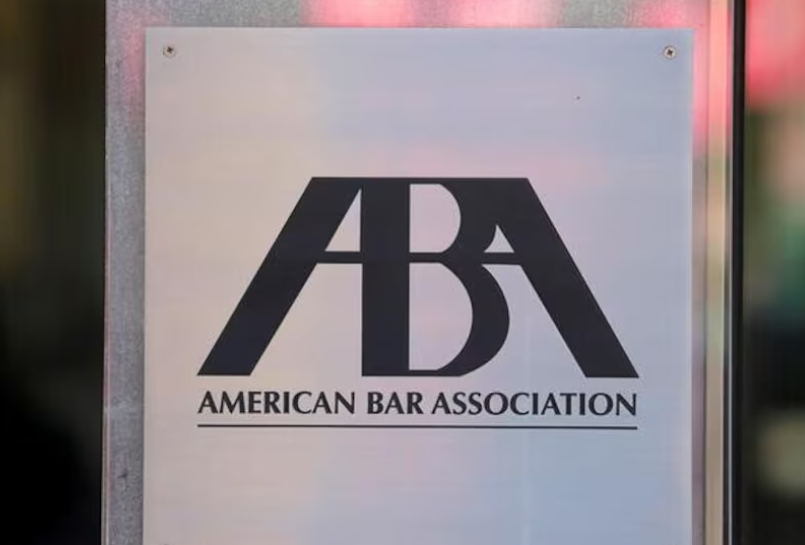More than a third of U.S. law school deans oppose an American Bar Association proposal. They argue it tightens control over law schools and limits educators’ freedom.
Seventy-six deans from accredited law schools, including NYU and Georgetown, signed a public comment. They warn that the proposed changes to the ABA’s accreditation standards could harm legal education.
Supporters of the proposal believe more conformity and clear learning goals would benefit students. They argue it would help professors ensure students have consistent foundational knowledge.
Barry Currier and a group of law professors support the proposal.
They serve on an ABA committee focused on student outcomes. William Adams, the ABA’s managing director for legal education, declined to comment on the proposal.
The ABA first adopted rules about student learning outcomes ten years ago. They require schools to determine and measure students’ skills and knowledge.
Provision of clarity
In August, the ABA proposed revisions to these rules. They aim to provide clarity and specificity to schools. After receiving initial negative feedback, the ABA made minor changes and sought public comments again in March.
The comment period has closed, but few legal academics seem swayed by the changes. Some argue the proposal violates academic freedom.
Others say it creates an administrative burden for schools. The proposal requires schools to adopt specific learning goals for every class.
It also mandates alignment of required courses taught by multiple professors. Learning goals must align with skills necessary for competent lawyers.
The proposal adds a requirement for early assessments in first-year classes. It also mandates academic support for students who don’t meet standards.
The 76 deans criticize the proposal as part of a trend of increased ABA control over law schools. They urge the ABA to exercise restraint in adopting further regulations.
The ABA’s legal education council may consider the proposal on May 17.

